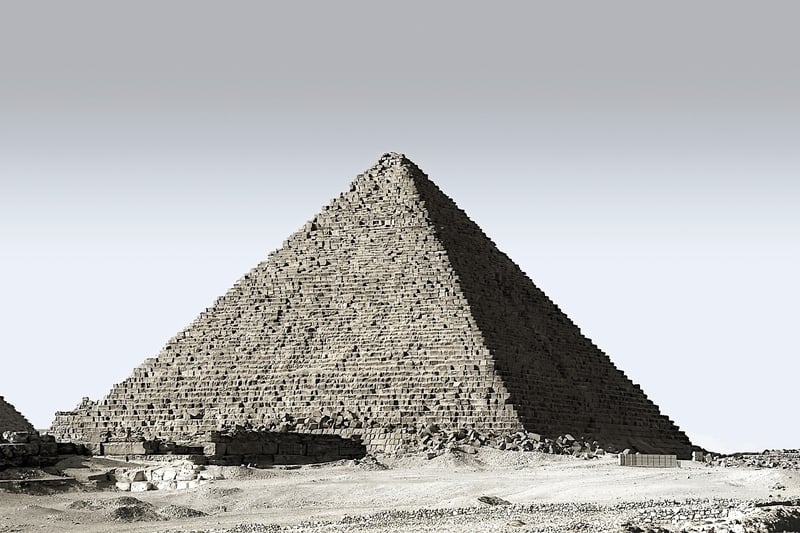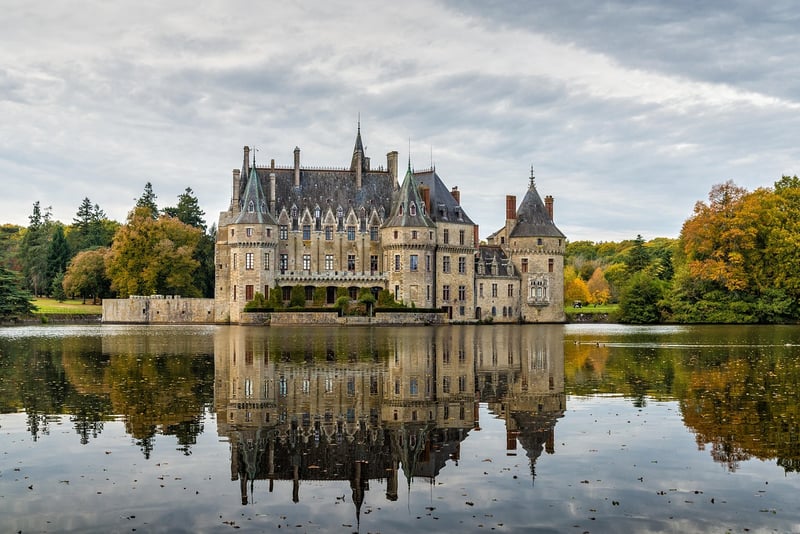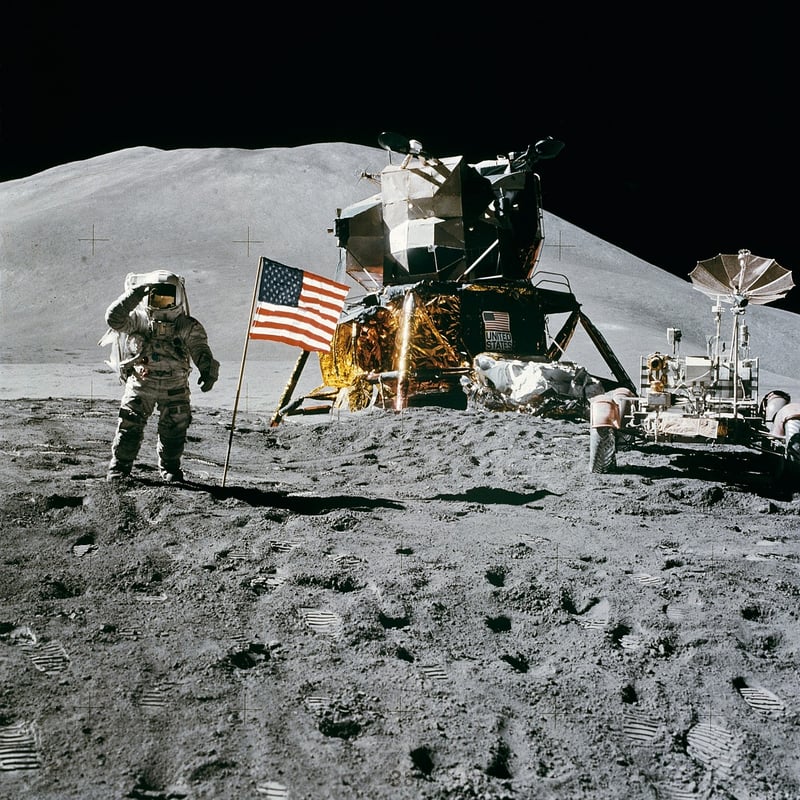Future Exploration
Exploring Different Eras and Future Exploration
Introduction
Exploring different eras through history allows us to learn about the past and gain insights into how societies have evolved over time. Additionally, looking towards the future of exploration opens up exciting possibilities for uncovering new knowledge and pushing the boundaries of human understanding.
Ancient Era
The ancient era, spanning from the emergence of early civilizations to the fall of the Roman Empire, offers a glimpse into the foundations of human society. From the pyramids of Egypt to the Acropolis in Greece, ancient structures stand as testaments to the ingenuity and skills of our ancestors.

Medieval Era
The medieval era, characterized by knights, castles, and feudalism, shaped the cultural landscape of Europe and beyond. Exploring medieval architecture, such as Gothic cathedrals or medieval castles, provides a window into the religious and societal structures of the time.

Modern Era
The modern era, marked by industrialization, globalization, and technological advancements, has transformed the way we live and interact with the world. From the Industrial Revolution to the Space Age, exploring this era offers insights into the rapid changes that have shaped our contemporary society.

Future Exploration
Looking towards the future, exploration continues to captivate our imagination. From space exploration to deep-sea diving, advancements in technology are opening up new frontiers for discovery. The prospect of exploring distant planets or uncovering the mysteries of the deep ocean fuels our curiosity and pushes us to expand our knowledge of the universe.

Conclusion
Exploring different eras and embracing future exploration allows us to connect with our past, understand the present, and envision exciting possibilities for the future. By delving into the rich tapestry of human history and pushing the boundaries of exploration, we pave the way for new discoveries and adventures that enrich our collective experience.
